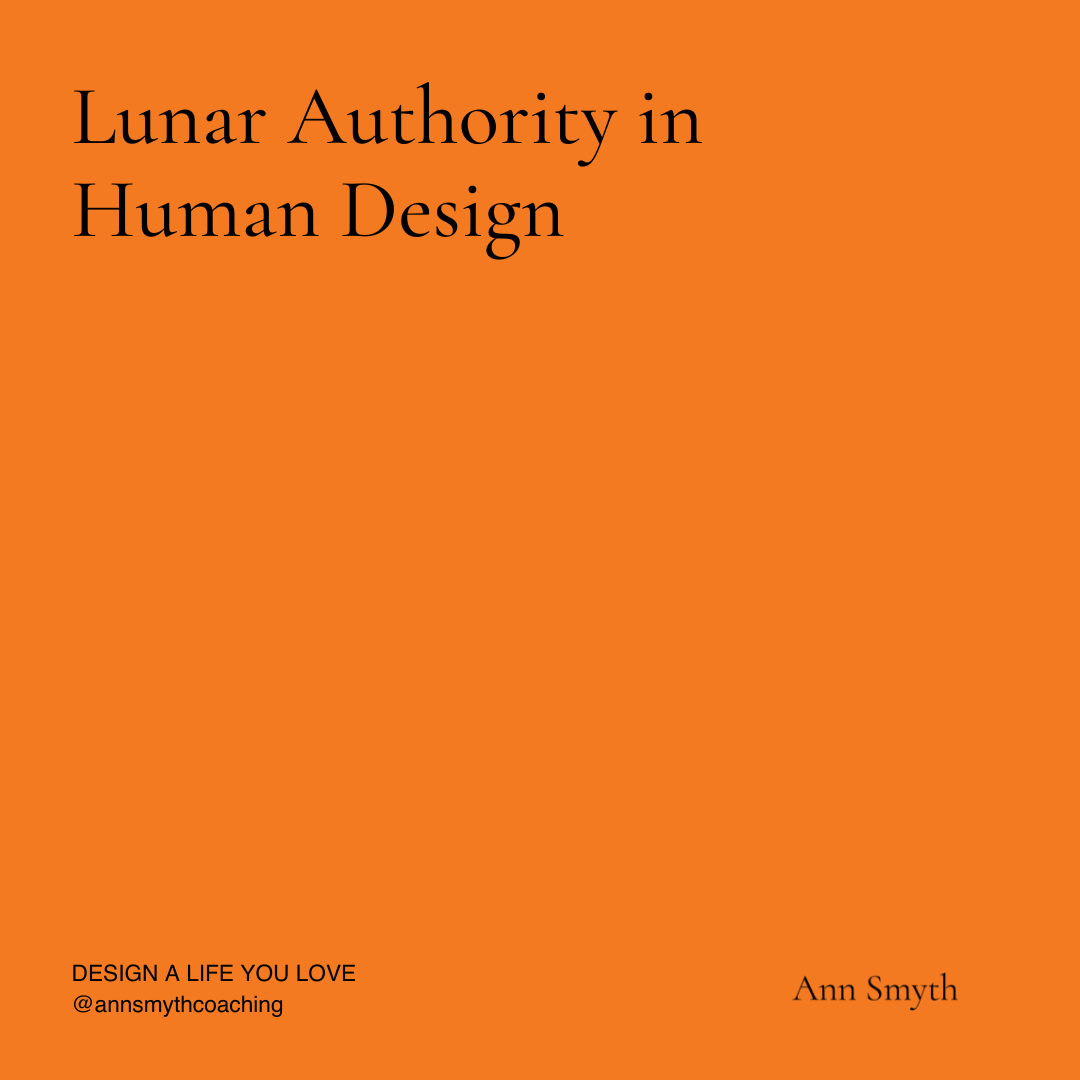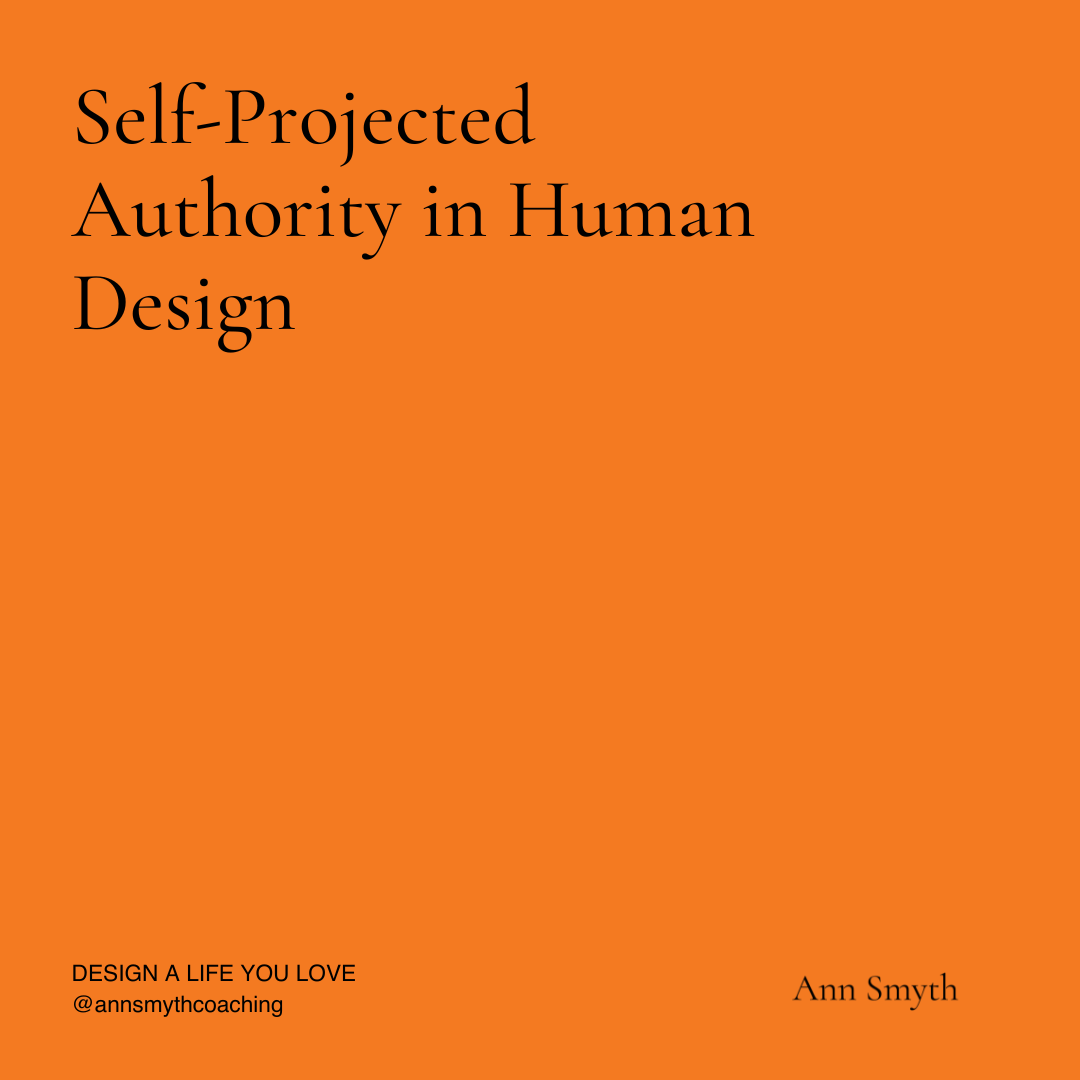Unlocking Personal and Professional Success: The Power of Emotional Intelligence and Human Design Coaching
In today's ever-evolving world, understanding and harnessing the power of emotional intelligence is not just a luxury but a necessity. Emotionally intelligent individuals excel in navigating the complex landscapes of both personal and professional life. Emotional intelligence involves recognizing and understanding your emotions, as well as those of others. It empowers you to make thoughtful and balanced choices, build meaningful relationships, manage stress effectively, and create an atmosphere of collaboration. This ability not only enhances our well-being but also empowers us to become more empathetic, influential leaders in the professional sphere.
Let's explore the real-world scenarios where emotional intelligence plays a pivotal role in personal and professional success, and how Human Design coaching can be a powerful tool to assist in this journey.
Reflective Leadership:
Emotionally intelligent leaders take a moment to assess their emotional state before making decisions. By recognizing their emotional clarity, they can make thoughtful and balanced choices, which is essential for effective leadership. Reflective leadership fosters trust and understanding among team members, leading to more successful outcomes.
Professional Example: As a marketing director for a tech company, you're considering a major rebranding campaign. During a high-pressure meeting, you recognize that your emotions are heightened due to stress. You decide to postpone the decision until you're in a state of emotional clarity, ensuring a well-informed choice is made
General Example: You're a team leader at a community organisation planning a charity event. Before making a crucial decision about the event's format, you notice you're feeling emotionally charged after a successful fundraiser. Instead of rushing into a decision, you wait until your emotions settle, and choose a more thoughtful approach.
Emotional Risk Management:
Emotionally intelligent individuals use their Emotional Authority to assess the emotional clarity of the moment before making high-stakes decisions. This approach ensures that their decisions are well-balanced and consider potential risks, both personal and professional.
Professional Example: As a project manager in the construction industry, you're evaluating whether to move forward with a high-stakes project. While facing tight deadlines and potential complications, you recognise your emotional state. You decide to wait for emotional clarity to make a decision that considers all potential risks and challenges.
General Example: You're an individual investor deciding whether to put a significant portion of your savings into a new venture. You notice that you're in a state of emotional clarity and can objectively assess the investment's risks and potential returns leading to a well-balanced decision.
Strategic Relationship Building:
Emotionally intelligent individuals understand the importance of timing and emotional clarity when building strong relationships. Recognising their emotional state, they initiate crucial conversations when they're in emotional clarity, leading to more fruitful relationships.
Professional Example: As a sales manager, you're in an emotionally balanced state before a crucial client meeting. You use this clarity to build rapport, empathise with the client's needs, and negotiate a successful contract and strengthening the business relationship.
General Example: You're organising a family reunion and notice you're in a state of emotional clarity. You take this opportunity to initiate conversations with relatives you've had disputes with, foster stronger family bonds and improved relationships, and communication
Leadership Presence:
Leadership presence is enhanced when individuals speak from a place of emotional clarity. It allows them to communicate with authenticity and empathy, inspiring trust and understanding among their team or audience, both personally and professionally.
Professional Example: As a CEO leading a quarterly shareholder meeting, you assess your emotional state before addressing concerns. You choose to speak from a place of emotional clarity, demonstrating authenticity and understanding, which motivates shareholders and fosters trust in your leadership.
General Example: You're a school teacher addressing a classroom of students dealing with a recent conflict. Recognising your emotional clarity, you offer guidance and support, inspiring trust and empathy among your students.
Emotionally-Informed Decision-Making:
Emotionally intelligent individuals make informed decisions based on their emotional truth. They use their Emotional Authority to assess their emotional state before making crucial decisions, leading to choices that align with their authentic selves.
Professional Example: As a chief financial officer, you're evaluating a significant financial investment for your company. Recognising your emotional state, you postpone the decision until you regain emotional clarity, leading to a strategic and well-informed choice.
General Example: You're a recent college graduate considering job offers. Recognising your emotional clarity, you choose a position that aligns with your long-term career goals, making a well-informed decision.
Conflict Resolution and Team Dynamics:
Emotionally intelligent individuals recognise the importance of emotional clarity when addressing conflicts and managing team dynamics. They wait for emotional clarity before resolving conflicts, leading to more empathetic and constructive resolutions and improved team cohesion.
Professional Example: As a project manager, you address conflicts within your team during a critical project phase. Acknowledging your emotional state, you decide to wait for emotional clarity to address the issues, resulting in a more empathetic and constructive resolution that improves team cohesion.
General Example: You're a parent mediating a dispute between your children. Recognising your emotional clarity, you guide them in resolving the conflict constructively, strengthening family bonds.
Stress Management:
Emotionally intelligent individuals recognize their emotional triggers and practice self-regulation during emotional intensity. This approach helps them maintain composure and make composed decisions, whether they are in personal or professional situations.
Professional Example: As a corporate attorney, you're navigating a complex legal case that's causing heightened stress. Recognizing your emotional state, you practice stress management techniques to regain emotional clarity and make decisions that benefit both the case and your well-being.
General Example: You're a student preparing for a final exam. When you notice emotional intensity due to stress, you engage in stress-reduction techniques, regain emotional clarity, and approach the exam with composure.
Strategic Vision:
Emotionally intelligent individuals understand the importance of emotional clarity when refining their strategic vision and long-term goals. They reassess their direction when experiencing emotional clarity, resulting in a path that aligns with their authentic selves.
Professional Example: As the head of a pharmaceutical company, you identify emotional clarity when considering the organisation's future direction. You use this clarity to redefine the company's mission and develop an authentic strategic vision that guides the business to success.
General Example: You're an aspiring entrepreneur planning the future of your startup. When you experience emotional clarity, you reassess your long-term goals, refine your strategic vision, and create a path that aligns with your authentic self.
Emotionally Attuned Negotiations:
Emotionally intelligent individuals recognize the importance of emotional clarity when entering negotiations, enabling better understanding and constructive agreements, both personally and professionally.
Professional Example: As a seasoned diplomat, you're engaged in sensitive international negotiations. Before each session, you assess your emotional state, aiming to approach the negotiations from a place of clarity and empathy, fostering peaceful resolutions.
General Example: You're a homeowner negotiating a contract with a renovation contractor. Recognising your emotional clarity, you approach the negotiations with empathy, leading to a fair and mutually beneficial agreement.
Conclusion:
Developing and leading with emotional intelligence provides an invaluable advantage both personally and professionally. It empowers individuals to make thoughtful and balanced choices, build meaningful relationships, manage stress effectively, inspire trust, and create an atmosphere of collaboration. Emotional intelligence is not just a skill; it's a superpower that enables us to navigate life's complexities and challenges with grace and authenticity. As we harness the power of emotional intelligence, we cultivate an environment where individuals thrive, and organisations prosper. It's a journey of self-discovery, growth, and leadership that holds the key to our personal and professional success. With the support and guidance of Human Design coaching, we can enhance our emotional intelligence and show up in our personal and professional lives with greater clarity, authenticity, and impact.
If you found this article helpful and would like to learn more you can read more about Emotional Intelligence in this article.




